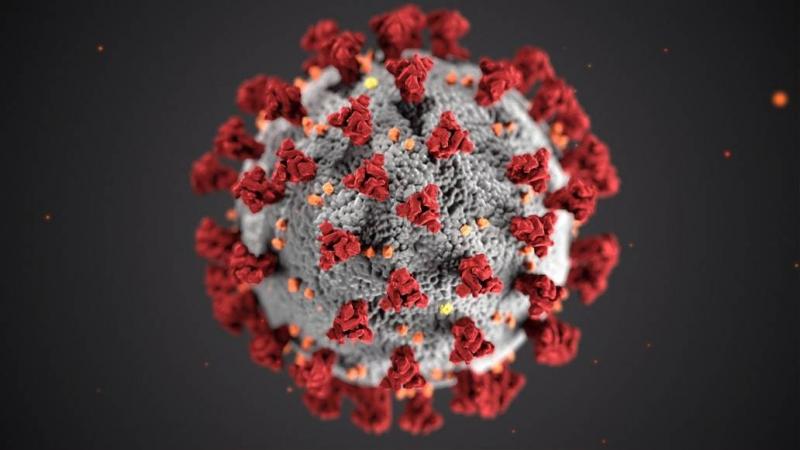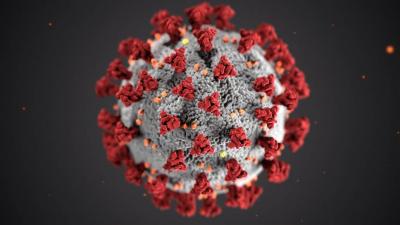Two new studies published on Friday show that individuals with "hybrid immunity," meaning those who are fully vaccinated and have also contracted COVID-19, enjoy the highest level of protection against the virus.
The studies emphasized the importance of vaccinated individuals who have recovered from the virus, highlighting that they should receive vaccinations following their recovery, more than two years after the pandemic first emerged and approximately half a billion people were infected, with billions receiving vaccines.
One of the studies, published in the medical journal The Lancet Infectious Diseases, analyzed health data from over 200,000 people in Brazil during 2020 and 2021, which recorded the second highest death toll globally. It was found that individuals who contracted COVID and received either the Pfizer or AstraZeneca vaccines had a 90% reduction in the risk of hospitalization or death, compared to 81% for the Chinese CoronaVac vaccine and 58% for the Johnson & Johnson single-dose vaccine.
Study author Julio Costa from the Federal University of Mato Grosso do Sul stated, "These four vaccines have proven to provide significant additional protection for those who have previously contracted COVID-19."
Bramod Kumar from the Translational Health Science and Technology Institute in India indicated that "hybrid immunity resulting from natural infection and vaccination will likely become a global standard and may provide long-term protection against emerging variants."
A study based on Swedish national records up to October 2021 concluded that individuals who recovered from COVID maintain a high level of protection against reinfection for up to about 20 months. It showed that individuals who received two vaccine doses with hybrid immunity had a 66% lower risk of reinfection compared to those with only natural immunity.
Paul Hunter, a professor of medicine at the University of East Anglia who was not involved in the study, noted that 20 months of "very good protection" is much better than expected from a two-dose vaccination program. However, he cautioned that the studies were conducted before the Omicron variant became dominant globally, pointing out that it "resulted in a significant reduction in the protection offered by prior infection."




